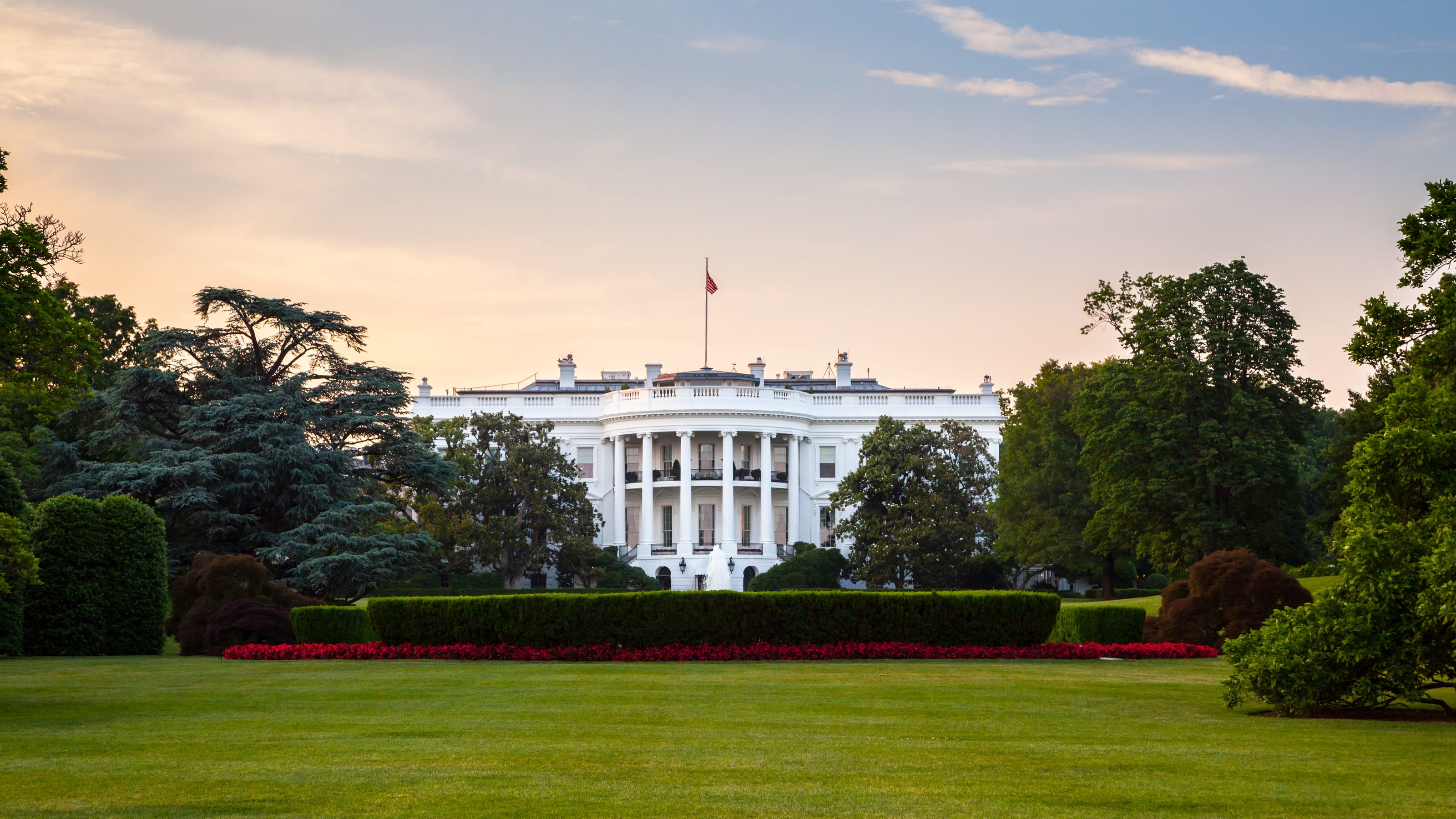
Trump's Triumph: White House Website Heralds 'America Is Back'
Introduction
The official website of the White House under the Trump administration proclaimed, "America is Back" as it highlighted a series of accomplishments and initiatives undertaken by the government. This declaration sparked diverse reactions, raising questions about the complexities of the country's progress and its broader implications.
Economic Indicators
Upswing in Employment and GDP
The White House website touted the creation of millions of new jobs and a rising GDP as evidence of economic resurgence. Statistics from the Bureau of Labor Statistics showed a decrease in the unemployment rate from 4.7% in January 2017 to 3.5% in January 2020. Additionally, the GDP increased by an annual rate of 2.3% in 2019, according to the Bureau of Economic Analysis.
Widening Inequality and Declining Wages
Critics, however, argued that these economic gains were unequally distributed, with the wealthy benefiting disproportionately. Data from the Economic Policy Institute revealed that the median wage for American workers increased by only 0.5% annually between 2017 and 2019, well below the rate of inflation. Furthermore, the gap between the top 1% of income earners and the rest of the population widened.
Deregulation and Trade Policy
Relaxing Regulations and Stimulating Growth
The White House emphasized the administration's efforts to reduce regulations on businesses and industries, arguing that this would stimulate economic growth. The Small Business Administration reported a decrease in the number of federal regulations imposed on small businesses. However, opponents contended that some deregulation measures could erode environmental protections and consumer safeguards.
Trade Wars and Economic Impact
The Trump administration imposed tariffs on imports from China and other countries, aiming to protect American businesses and reduce trade deficits. While some industries welcomed these measures, economists expressed concerns about the potential economic consequences. A study by the Peterson Institute for International Economics estimated that the trade war with China could cost the U.S. economy up to $7.8 billion per month.
Foreign Policy
Withdrawal from International Agreements
The White House highlighted the administration's withdrawal from international agreements such as the Paris Climate Accord and the Iran Nuclear Deal. The administration argued that these agreements were detrimental to American interests. Critics countered that these withdrawals isolated the U.S. and undermined its leadership role on the global stage.
Increased Military Spending and Foreign Interventions
The White House pointed to increased defense spending and military interventions, such as the deployment of troops to Syria and Afghanistan, as evidence of a stronger and more proactive foreign policy. Supporters viewed these actions as necessary to protect national security interests. Skeptics voiced concerns about the long-term costs and potential unintended consequences of military interventions.
Immigration and Asylum Policies
Tightening Border Security and Restricting Immigration
The White House website proclaimed a "zero-tolerance" policy towards illegal immigration, leading to highly controversial practices such as the separation of families at the border. It also implemented travel bans from several Muslim-majority countries, arguing that these measures were necessary to protect national security. Human rights groups condemned the administration's immigration policies as inhumane and discriminatory.
Defending Rights of Asylum Seekers
Advocates for immigrants argued that the administration's policies violated the rights of asylum seekers. The United Nations High Commissioner for Refugees (UNHCR) expressed concerns about the administration's policies, stating that they "may lead to refoulement, which is illegal under international law." Critics also pointed to the increasing backlog of asylum cases, which they attributed to the administration's policies.
Conclusion
The proclamation of "America is Back" on the White House website sparked a complex and multifaceted debate about the country's progress under the Trump administration. While the administration touted economic gains, critics highlighted widening inequality and declining wages. Deregulation and trade policy sparked both support and concerns. Foreign policy decisions ranged from withdrawing from international agreements to increasing military spending and interventions. Immigration and asylum policies generated heated controversy, with advocates denouncing them as cruel and inhumane. The complexities of Trump's presidency and its lasting impact on the United States remain to be fully understood and debated for years to come.
:format(webp)/cdn.vox-cdn.com/uploads/chorus_asset/file/3588812/Screen_Shot_2015-04-09_at_3.08.59_PM.0.png)